44+ FREE Sample Letter of Recommendation Templates
-
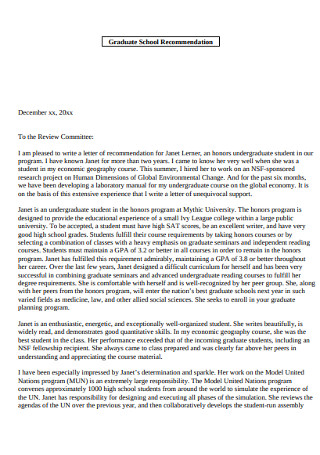
Graduate School Recommendation Letter
download now -
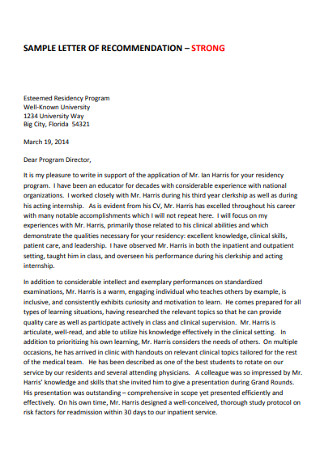
College Program Director Recommendation Letter
download now -
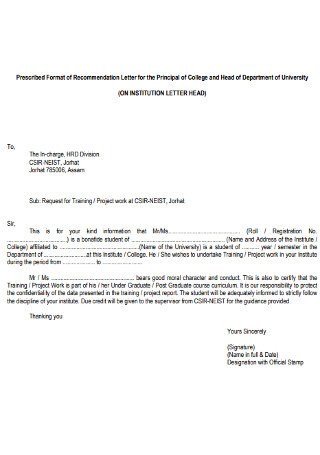
College Principal Recommendation Letter
download now -
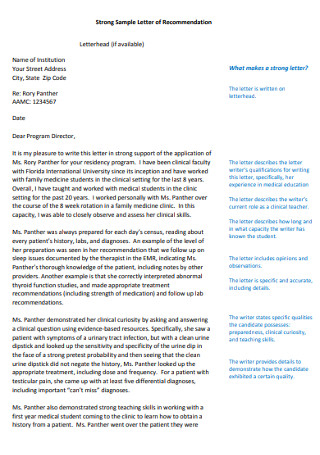
Strong Sample Letter of Recommendation
download now -
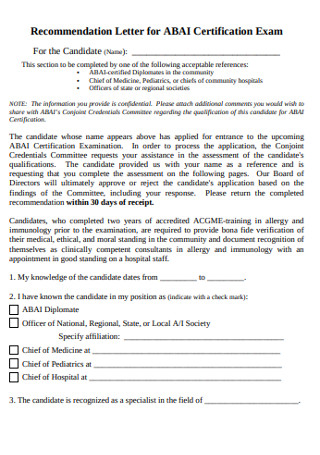
Exam Certification Recommendation Letter
download now -
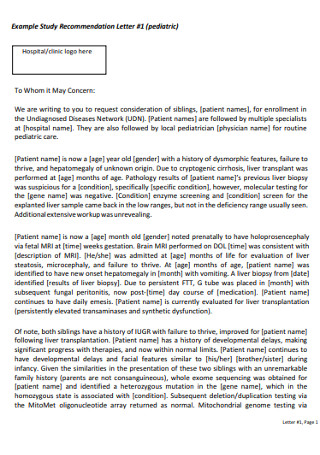
Studuy Recommendation Letter Example
download now -
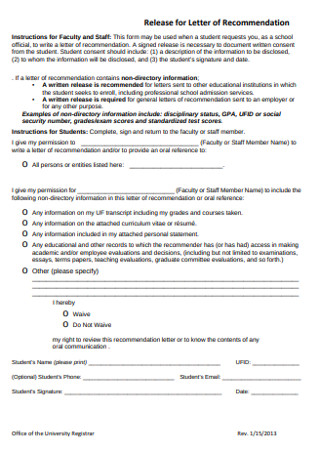
Release for Letter of Recommendation
download now -
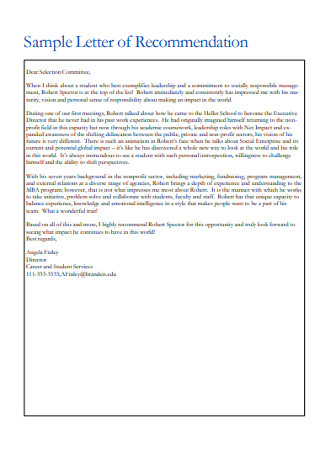
Sample Reference Letter of Recommendation
download now -
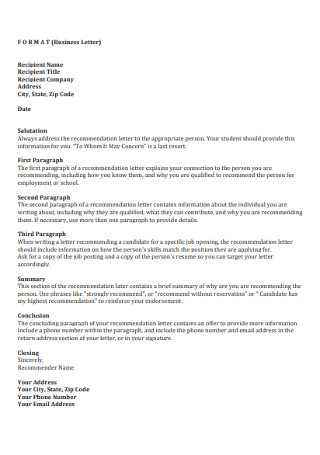
College Student Recommendation Letter
download now -
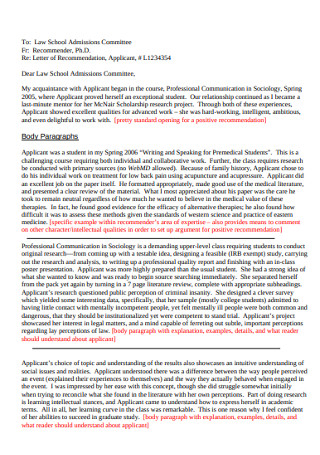
Law School Recommendation Letter
download now -
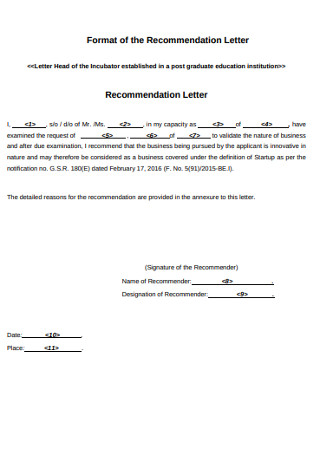
Format of the Recommendation Letter
download now -
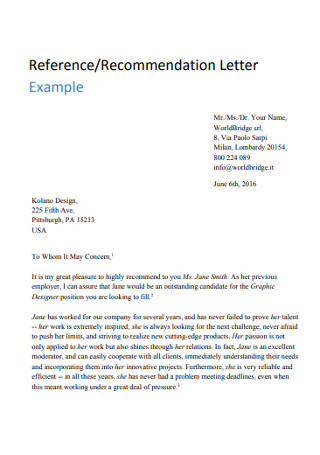
Sample Reference and Recommendation Letter
download now -
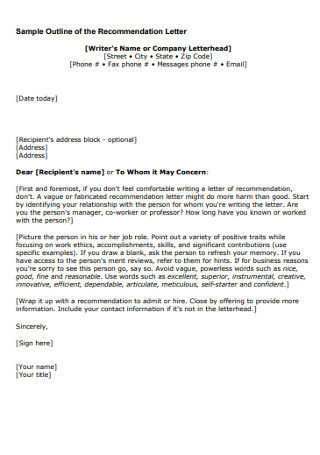
Sample Outline of the Recommendation Letter
download now -
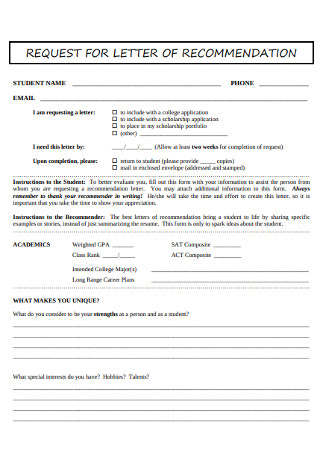
Request for College Recommendation Letter
download now -
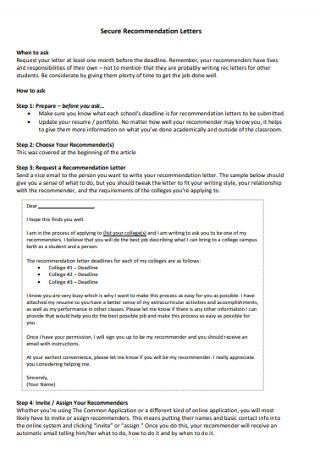
Secure Recommendation Letters
download now -
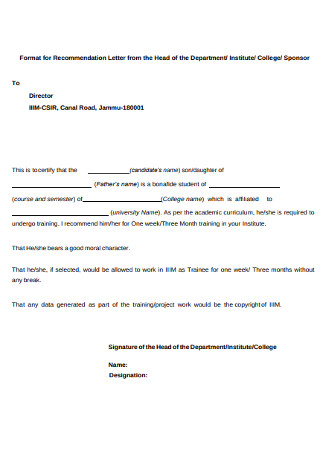
College Institute Recommendation Letter
download now -
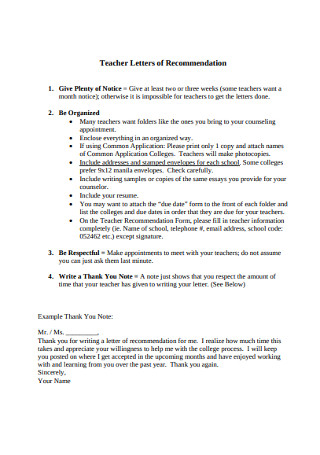
Teacher Recommendation Letter
download now -
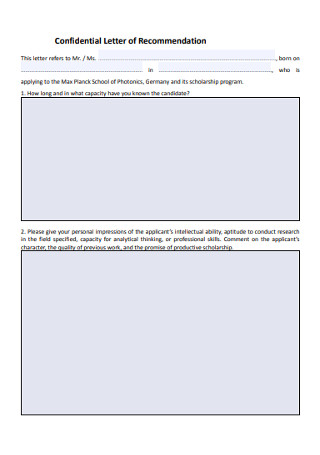
Confidential Letter of Recommendation
download now -
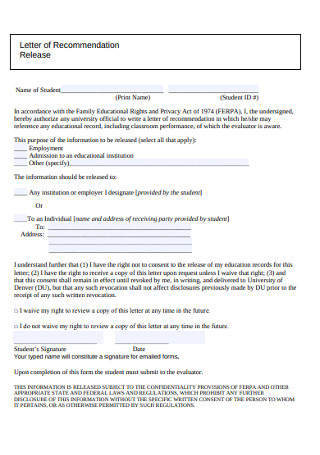
Letter of Recommendation Release
download now -
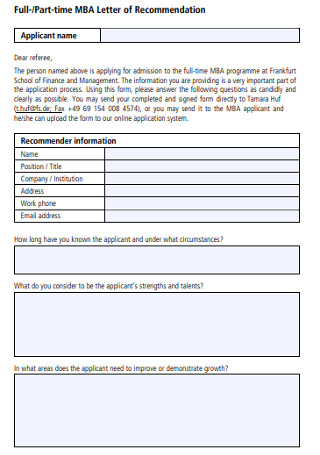
Full Time and Part Time Study Letter of Recommendation
download now -
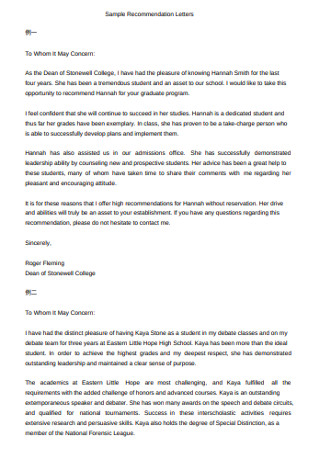
Sample Recommendation Letters Example
download now -
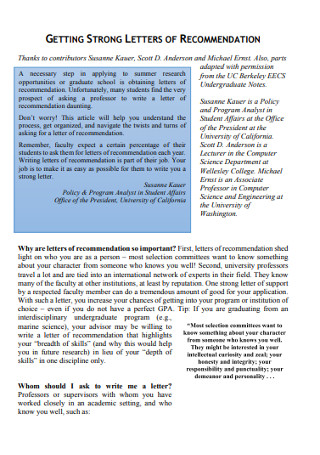
Getting Strong Letter of Recommendation
download now -
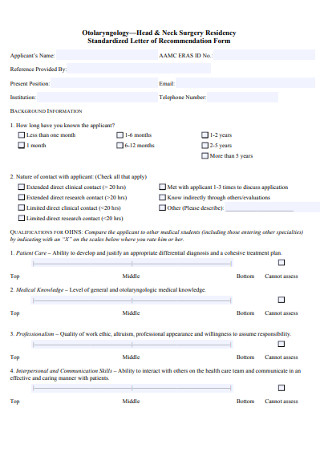
Standardized Letter of Recommendation Form
download now -
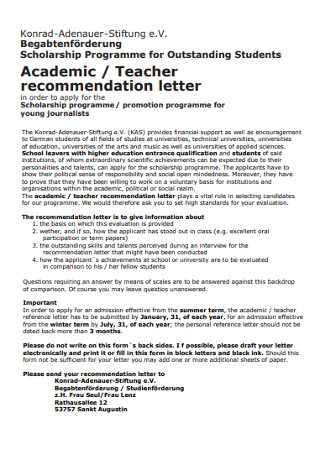
Teacher Recommendation Letter
download now -
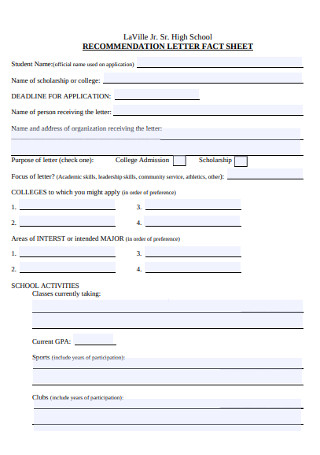
High School Recommendation Letter Fact Sheet
download now -
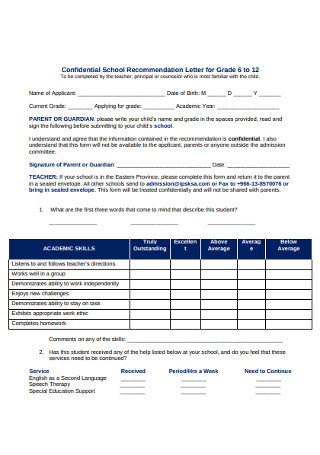
Confidential School Recommendation Letter for Grade
download now -
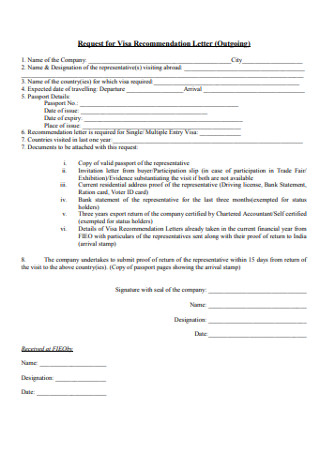
Request for Visa Recommendation Letter
download now -
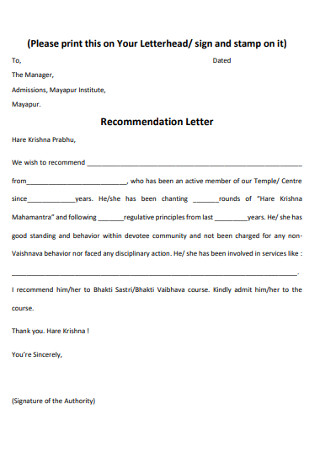
Sample Manager Recommendation Letter
download now -
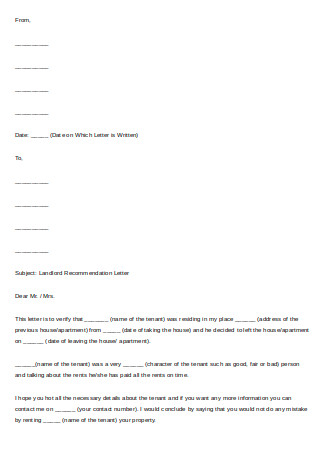
Landlord Recommendation Letter
download now -
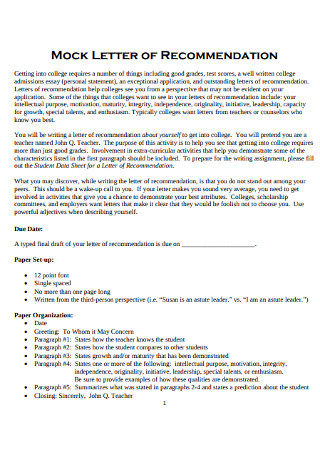
Basic Teacher Recommendation Letter
download now -
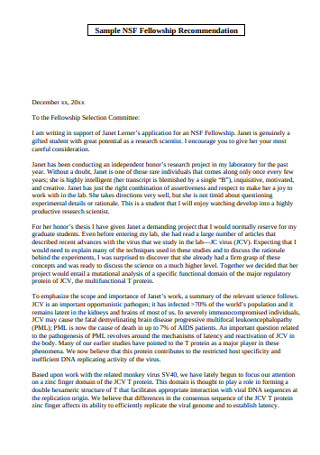
Sample Fellowship Recommendation Letter
download now -
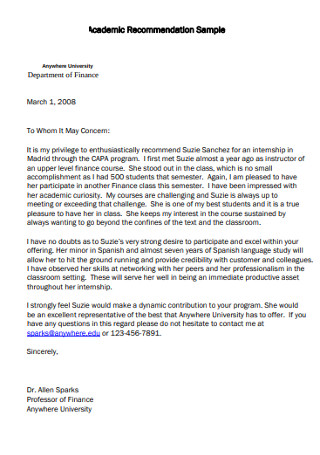
University Academic Recommendation Letter
download now -
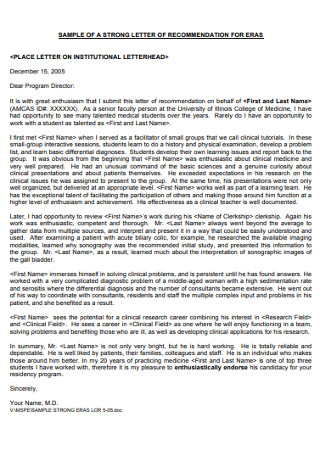
Sample Strong Letter of Recommendation for Eras
download now -
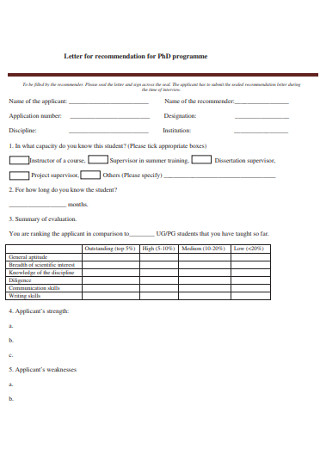
Letter for recommendation for PhD programme
download now -
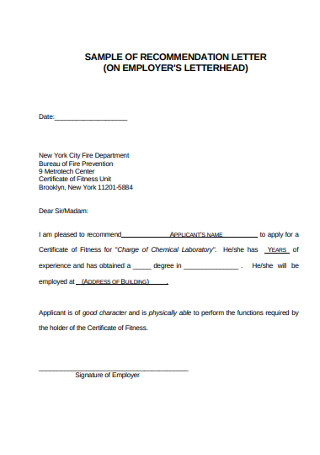
Sample Employer Recommendation Letter
download now -
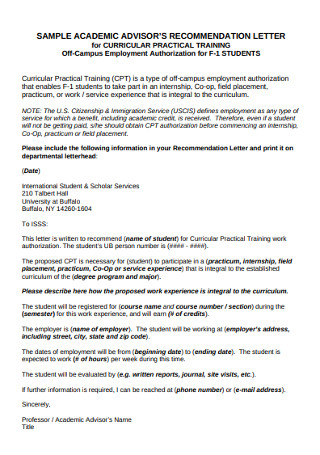
Sample Academic Advisor Recommendation Letter
download now -
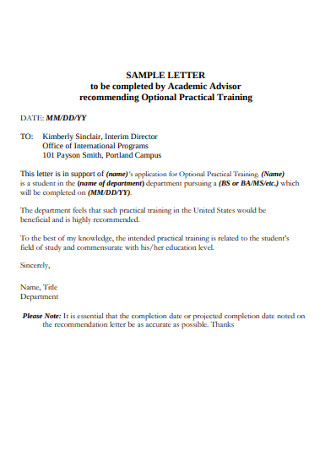
Sample practical Training Recommendation Letter
download now -
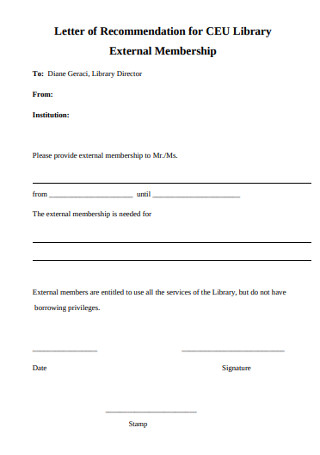
Letter of Recommendation for Library External Membership
download now -
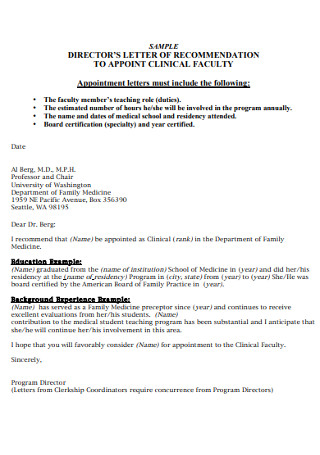
Sample Directors Recommendation Letter
download now -
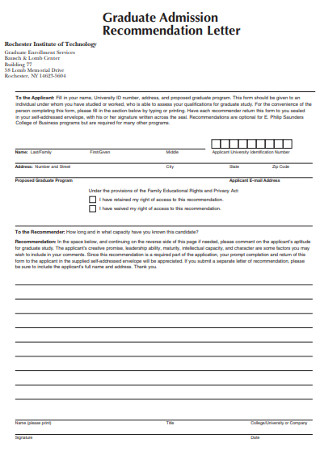
Graduate Admission Recommendation Letter
download now -
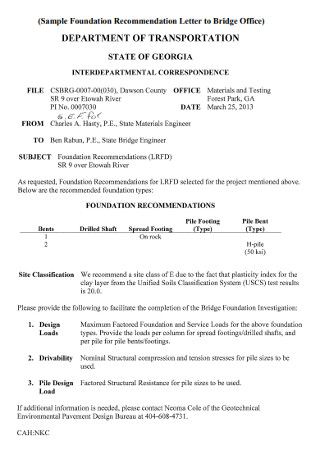
Sample Foundation Recommendation Letter
download now -
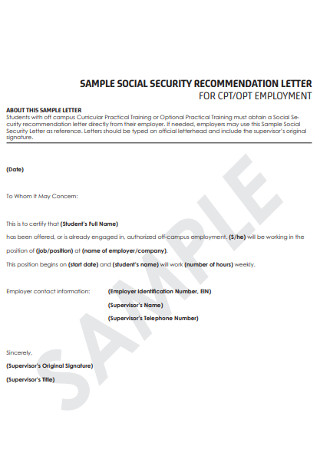
Sample Social Security Recommendation Letter
download now -
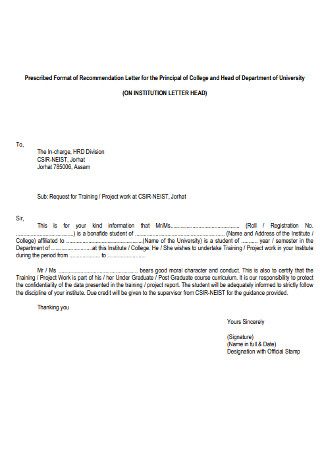
College Principal Recommendation Letter
download now -
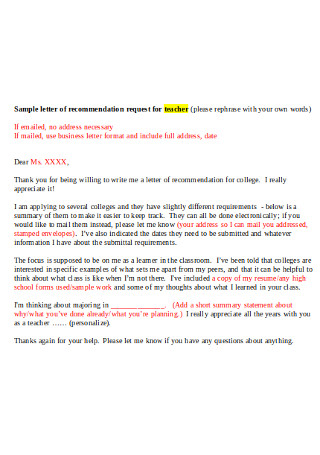
Sample Letter of Recommendation Request for Teacher
download now -
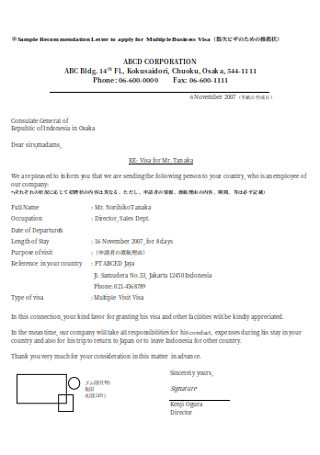
Sample Recommendation Letter for Business Visa
download now
FREE Letter of Recommendation s to Download
44+ FREE Sample Letter of Recommendation Templates
What Is a Letter of Recommendation?
Why Are Letters of Recommendation Important?
Common Mistakes to Avoid in a Letter of Recommendation
Statements to Include in Recommendation Letters
How Do You Compose a Letter of Recommendation?
What Is a Letter of Recommendation?
With this type of letter, you can not only round out your individual profile, but you also provide another way for people to get additional insights about you. A letter of recommendation is a kind of business letter written by a reliable individual—often in authority—who can vouch and recommend the abilities, achievements, aptitude, and attitude of a candidate that makes him or her the best out of a sea of applicants. Moreover, letters of recommendation are both useful in job interviews, college admissions, graduate school, scholarship, and award application.
Professors, employers, colleagues, and even clients are the ones who usually write these types of letters. These are professionals that the applicant has worked with closely before and has therefore known them well from that. Those who were asked to write a recommendation letter are also the ones who send them to the employer or admissions committee requesting it and not the individual who needs it.
You can consider letters of recommendation as a vote of confidence that gives hiring managers or admission officers an actual feeling of confidence to hire or accept an applicant. Recommendations serve as evidence that provides a bigger and clear picture of their characters and potentials that the cover letter and the resume fails to capture.
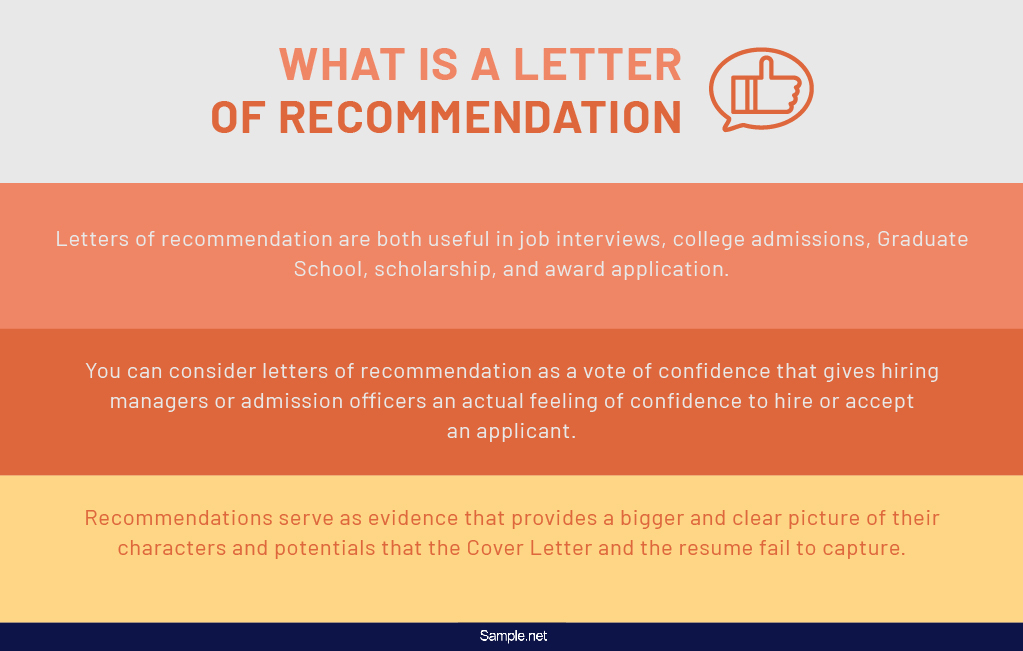
Why Are Letters of Recommendation Important?
When applying for a job nowadays, employers would only often request a resume, cover, or application letter, and, for some careers that require one, a portfolio?the letter of recommendation is almost no longer in the picture. However, one cannot deny that letters of recommendation still have value in the eyes of most employers and admission officers. That is why you can still never go wrong when you always opt to include a recommendation letter upon your college or job application, even if their list of requirements does not include it.
College and job applications are no easy feats. Even if 80% of the colleges in the United States accept over half of the college applicants, a candidate should not be too confident and must find ways to stand out, especially that they will have to face a lot of competitors along the way. In the job application scene, it has been reported that there is an average of 250 applicants for every job opening. Unfortunately, out of these applicants, there are only 4 to 6 who get an opportunity for an interview. Still, only one will emerge as the victor who gets to claim the coveted job position. Just imagine how cutthroat it is. And if you are planning to swim across such a sea of competitors, you have to think in advance.
Common Mistakes to Avoid in a Letter of Recommendation
Letters of recommendation play a crucial role in many application processes, be it in the corporate world or an academic setting. However, for it to fully serve its purpose, there are a few things that you need to avoid upon writing a letter of recommendation.
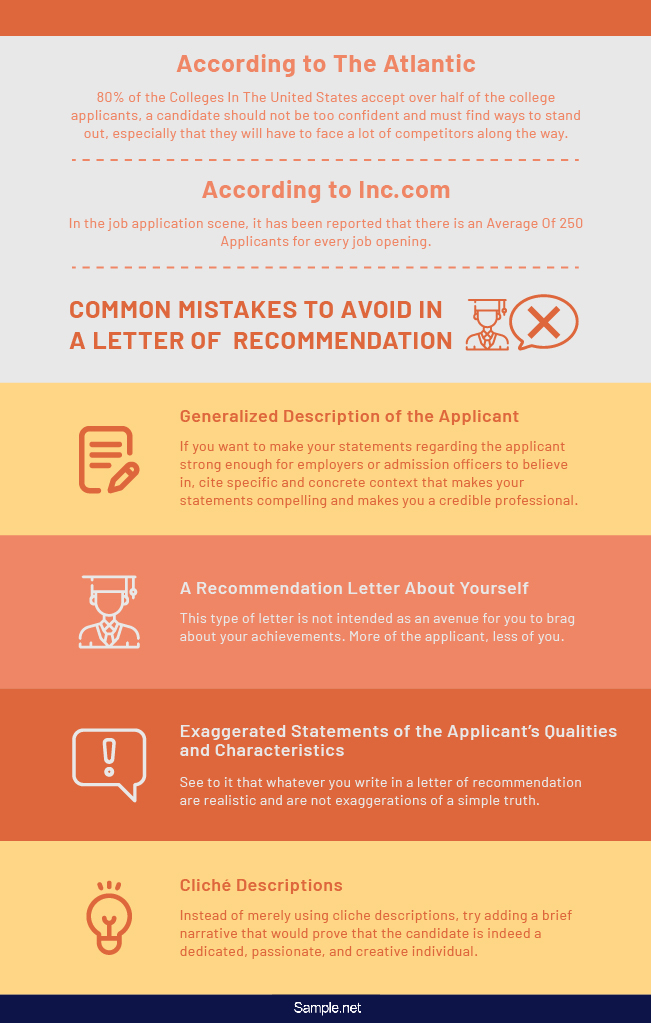
Statements to Include in Recommendation Letters
If you have read various recommendation letters before, you might notice some of these statements that work well in making an effective writeup. These statements are sorted into three types: the introductory or opening statement, the assessment statement, and the concluding or closing statement. Now that you know what you should avoid when writing a letter of recommendation, here are the statements that you should include in the letter document. Learning these statements would help you write recommendation letters way easier.
Introductory or Opening Statement
In the body of a letter of recommendation, the first statement that a reader would see is the introductory or opening statement. In this statement, the writer of the letter introduces the applicant being recommended. Without this part, how would the recipient know that this is the candidate you are recommending? This statement also includes the purpose as to why you are writing the letter. Writing this statement shouldn’t be more than two sentences.
To remember this, follow the formula: name of the candidate being recommended + the purpose of writing the letter of recommendation. To simply introduce this statement to your reader, you can begin with, “I am writing this letter of recommendation at the request of…” or “I am pleased to write this letter for…”
Assessment Statement
As a crucial statement, the assessment statement contains the sentences that state the readers of your assessment of the applicant you are recommending. This statement should say something about the candidates’ performance from their previous job, the characters and behavior that they demonstrated, and their commendable attributes that make them worth hiring. What follows right after the assessment statement are examples that back up your statement. That is why this statement is considered crucial because if you write a poorly written one, it will be tricky for you to back it up, making the entire recommendation letter writing more challenging than it already is.
To sound convincing enough to the reader, avoid starting with words “I believe” and “I think.” Say your assessment statement matter-of-factly so your statements will be taken seriously by the reader.
Concluding or Closing Statements
The last but not the least statement, the concluding or the closing statement that sums up the entire statements of your recommendation letter. Upon writing this statement, be sure to end on a strong and impressive note so that it will stick in the minds of the readers. Keep in mind that you are about to conclude the letter, so you are discouraged from introducing another idea within this statement as it would prolong it.
To give a clue to the reader that you are already on the concluding statement, start with words like “In summary…”, “Accordingly…”, and so on.
How Do You Compose a Letter of Recommendation?
If you were asked to write a letter of recommendation, do not fail the requestor and take his or her request for granted. And if you feel like you need further guidance that can help you write a compelling message, consider taking down some notes from the following guidelines that will surely give you ideas on how to write a letter of recommendation.
1. Use the Right Business Letter Format
Even if this is not related to the content proper, the letter of recommendation format can inevitably affect its entire presentation, and it can also have an impact on the way its message gets communicated. Since recommendation letters are among the types of business letters, you must use the right business letter format. The correct and proper format to follow when writing a letter of recommendation starts with writing the sender’s return address, followed by the date, the inside address, salutation, body of the letter, closing line, and the sender’s name and signature.
2. Provide Details of Your Working Relationship
A recommendation letter is supposed to be written by someone whom the candidate had a previous working relationship with. But to prove that, you need to provide the details to the reader so that he or she can understand your affiliation with the person you are recommending. Be sure also to include the necessary qualifications that make you eligible enough to support the candidate.
3. Give Out Context on the Applicant’s Qualifications
As soon as you have already established how you know the applicant, you can already give out the context that should explain what makes the applicant qualified. Give clear examples that illustrate how the applicant is fitting for the job position or university they are applying for. Other than discussing the qualifications of the candidate, you should also narrate the applicant’s success stories. At the same time, he or she was still under your wing to further back up your statements. Upon doing so, ensure that what you write are not mere adjectives?you need to cite specific evidence along with reasonable logic to make your letter compelling enough for the employer or admission officers.
4. Be Honest?Everyone Knows No Candidate Is Perfect
Employers and admission officers are highly aware that no one is perfect, and that includes the person who asked to write you a letter of recommendation letter. That is why if the candidate has some areas that they need to improve and work, you can say that in your recommendation letter. However, make sure to say it tactfully. Do not make the candidate’s weaknesses as the focal point of the message, or it is no longer a letter of recommendation. Also, be sure to balance things out with positive and favorable personal observations and reflections regarding the applicant.
5. Include Clear Details of the Applicant’s Work Ethics
Other than the characteristics and qualifications met by the applicant, it highly crucial to include details that will inform the employer regarding a candidate’s ethics at work. Looking for employes with impressive strong work ethics is tough on the employers’ end. Such details don’t frequently appear on most resumes, and if you find that the candidate’s work ethics are impressive enough, then don’t miss out on the opportunity to say something about it when you will be asked to write a letter of recommendation for that person.
6. Proofread and Check Your Work Before Submission
Before submitting the letter of recommendation to the employer or the admissions committee, ensure that you have thoroughly proofread and checked the contents of the letter. There might be some grammatical mistakes and spelling errors that you missed. But apart from the writing and sentence construction errors, you also need to check the accuracy of the information you incorporated in the letter. Check whether the details are essential for the candidate’s application. Upon proofreading, you may take a break first so you can get back to the letter with a new perspective, or you can ask someone reliable to review it on your behalf to see if there were some errors you missed.
Being asked to write a letter of recommendation for someone is a great honor that you should not take lightly. Imagine putting someone into a job position or a scholarship grant just because you gave a poorly written and thought-out letter. Consider reviewing and making use of the free letter of recommendation templates and samples provided in this article to help you compose a convincing and compelling content in your letter document.
